Home>Articles>Everything You Need To Know About Window Materials
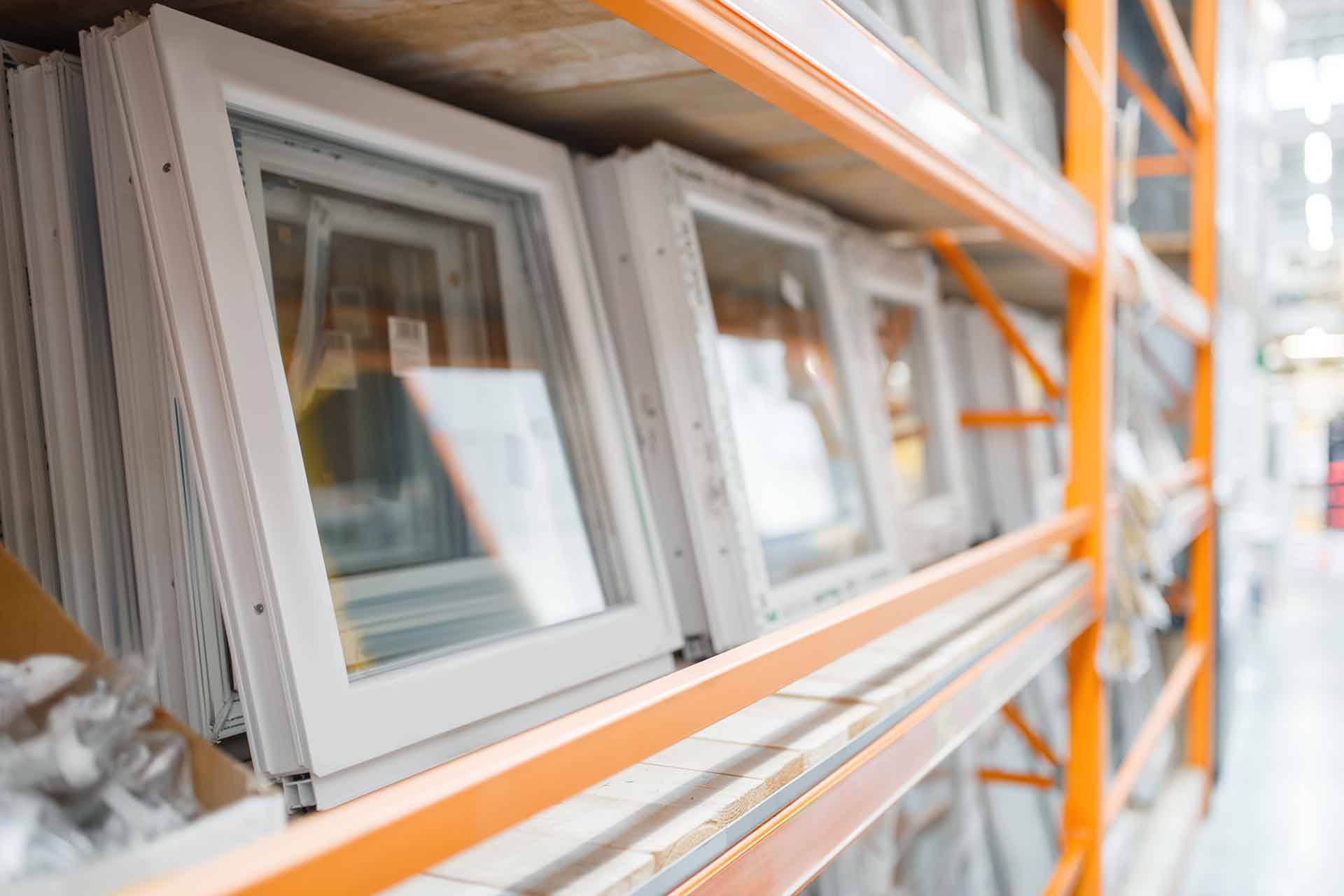

Articles
Everything You Need To Know About Window Materials
Modified: January 6, 2024
Learn about the different window materials in our comprehensive articles. From wood to vinyl, we cover all the information you need to make an informed choice.
(Many of the links in this article redirect to a specific reviewed product. Your purchase of these products through affiliate links helps to generate commission for Storables.com, at no extra cost. Learn more)
Introduction
When it comes to choosing the right window materials for your home, there are several factors to consider. Not only do windows play a crucial role in providing natural light and ventilation, but they also contribute to the overall aesthetic appeal and energy efficiency of your home.
In this article, we will explore the different types of window materials available in the market and discuss their various features, benefits, and drawbacks. Whether you’re building a new home or replacing your existing windows, understanding the characteristics of each window material will empower you to make an informed decision and ensure optimal performance.
Without further ado, let’s dive into the world of window materials and explore the options that are available to you.
Key Takeaways:
- Wood windows offer timeless beauty, excellent insulation, and durability, but require regular maintenance and can be more expensive. They are ideal for homeowners who value natural elegance and are willing to invest in upkeep.
- Vinyl windows are cost-effective, low-maintenance, and energy-efficient, making them a convenient option for budget-conscious homeowners. While they may lack the natural beauty of wood, their affordability and hassle-free maintenance make them a popular choice.
Read more: Everything You Need To Know About Ladders
Wood Windows
Wood windows have long been a popular choice among homeowners due to their timeless beauty and natural appeal. These windows are crafted from solid wood, typically pine, fir, or cedar, and offer a high level of insulation and durability.
One of the key advantages of wood windows is their aesthetic appeal. The rich grains and warm tones of natural wood can add a touch of elegance and charm to any home. Additionally, wood windows can be painted or stained to match your preferred color scheme, giving you the freedom to customize the look and feel of your windows.
In terms of insulation, wood windows offer excellent thermal performance. Wood is a natural insulator, so it helps to regulate the temperature inside your home and reduce energy loss. This can lead to lower heating and cooling costs, making wood windows an energy-efficient choice.
Another advantage of wood windows is their longevity. When properly maintained and protected from moisture, wood windows can last for decades. Regular maintenance, such as painting or sealing, is essential to prevent water damage and wood rot.
However, wood windows do have some disadvantages. They require more maintenance compared to other window materials. This includes routine inspections, repainting or refinishing, and ensuring the wood is protected from moisture and pests.
Wood windows can also be more expensive than other materials, especially if you opt for high-quality hardwoods. Additionally, they may be prone to warping or swelling in humid or wet environments, so they may not be the best choice for areas with high moisture levels.
In summary, wood windows offer a classic and timeless look, excellent insulation, and durability. However, they do require ongoing maintenance and can be more expensive than other options. If you value natural beauty and are willing to invest time and effort in maintenance, wood windows can be an excellent choice for your home.
Vinyl Windows
Vinyl windows have gained tremendous popularity in recent years due to their affordability, low maintenance requirements, and energy efficiency. These windows are made from polyvinyl chloride (PVC) material, which provides excellent insulation and durability.
One of the key advantages of vinyl windows is their cost-effectiveness. Compared to other window materials, such as wood or aluminum, vinyl windows are typically more affordable, making them a budget-friendly option for homeowners. Additionally, vinyl windows are resistant to rot, rust, and corrosion, eliminating the need for painting or sealing.
Another advantage of vinyl windows is their energy efficiency. The PVC material used in these windows has excellent insulating properties, helping to keep your home warm in the winter and cool in the summer. Many vinyl windows also come with additional features like double or triple glazing and Low-E coatings, further improving energy efficiency and reducing utility bills.
Additionally, vinyl windows require minimal maintenance. Unlike wood windows that may need regular painting or refinishing, vinyl windows only require occasional cleaning with mild soap and water. This makes them a convenient choice for homeowners with busy schedules or those looking to minimize maintenance tasks.
However, there are a few drawbacks to consider. While vinyl windows offer a wide range of colors and finishes, they may not provide the same level of aesthetic appeal as wood windows. Additionally, vinyl windows cannot be painted, so if you decide to change the color of your windows in the future, you may need to replace them entirely.
Another consideration is that vinyl windows can expand and contract with temperature changes. This can lead to issues with the window frame’s integrity and air leakage if not properly installed. It’s important to choose a reputable manufacturer and ensure professional installation to avoid any potential problems.
In summary, vinyl windows are a cost-effective and low-maintenance option that offers excellent energy efficiency. While they may lack the natural beauty of wood windows, their durability and convenience make them a popular choice for many homeowners. If price and hassle-free maintenance are important factors for you, vinyl windows could be the ideal choice for your home.
Aluminum Windows
Aluminum windows have been a staple in the construction industry for many years. These windows are made from lightweight yet strong aluminum frames, offering a sleek and modern aesthetic that complements contemporary architectural styles.
One of the key advantages of aluminum windows is their strength and durability. Aluminum is a highly robust material that can withstand harsh weather conditions, including strong winds and heavy rain. This makes aluminum windows a popular choice for homes in areas prone to extreme weather.
Aluminum windows are also known for their low maintenance requirements. Unlike wood windows that may require regular refinishing or vinyl windows that may need occasional cleaning, aluminum windows only require occasional washing to remove dirt and debris. This makes them a convenient option for homeowners looking for a hassle-free window solution.
In terms of aesthetics, aluminum windows offer a sleek and contemporary look. The slim profiles and expansive glass panels allow for maximum natural light and unobstructed views. Additionally, aluminum frames can be powder-coated in a wide range of colors, providing customization options to match your home’s style.
However, there are a few considerations to keep in mind when choosing aluminum windows. One drawback is their relatively poor insulation compared to other materials. Aluminum is a metal that conducts heat, which can lead to energy loss and higher heating and cooling costs. To mitigate this issue, some aluminum windows are equipped with thermal breaks or insulated glazing, but they may still be less energy-efficient than other options.
Another factor to consider is that aluminum windows are prone to condensation. During cold weather, the metal frames can become cold, causing moisture to condense on the surface. Proper ventilation and insulation can help reduce condensation and prevent potential issues like mold or rot.
Lastly, aluminum windows can be more expensive compared to vinyl windows, but they are typically more affordable than wood windows. The cost can vary depending on the size, style, and additional features of the windows.
In summary, aluminum windows offer durability, low maintenance, and a modern aesthetic. While they may have slightly lower insulation properties and a potential for condensation, they are a reliable choice for homeowners seeking a sleek and robust window solution.
When choosing window materials, consider factors such as energy efficiency, durability, and maintenance requirements. For example, vinyl windows are low maintenance and offer good insulation, while aluminum windows are strong and lightweight.
Fiberglass Windows
Fiberglass windows are a relatively newer addition to the market but are quickly gaining popularity due to their exceptional durability, energy efficiency, and versatility. These windows are composed of glass fibers embedded in a resin material, resulting in a strong and lightweight window frame.
One of the key advantages of fiberglass windows is their remarkable durability. Fiberglass is a highly stable material that is resistant to warping, cracking, and rotting, making it suitable for various weather conditions. Unlike wood windows, fiberglass windows do not expand or contract with temperature changes, ensuring long-term structural integrity.
Fiberglass windows also offer excellent insulation properties. The composite structure of glass fibers and resin provides superior thermal performance, minimizing heat transfer and improving energy efficiency. This can greatly contribute to reducing heating and cooling costs, making fiberglass windows an environmentally-friendly choice.
Additionally, fiberglass windows are highly customizable. They can be painted in a variety of colors and finishes, allowing homeowners to match their window frames with their desired aesthetic. Fiberglass windows can also be manufactured in various styles and sizes, catering to different architectural preferences and design needs.
Another advantage of fiberglass windows is their low maintenance requirements. Similar to vinyl windows, fiberglass windows are resistant to rot, rust, and pests. They do not require regular painting or sealing, making them an attractive option for homeowners seeking a low-maintenance window solution.
However, it’s important to note that fiberglass windows can be more expensive compared to other options, such as vinyl or aluminum. The high-quality materials and manufacturing processes used in producing fiberglass windows contribute to their higher cost. However, the long-term benefits in terms of durability, energy efficiency, and customization options may outweigh the initial investment.
In summary, fiberglass windows offer exceptional durability, energy efficiency, and customization options. While they may have a higher upfront cost, their long-term benefits and low maintenance requirements make them a compelling choice for homeowners who value longevity, performance, and aesthetic versatility.
Composite Windows
Composite windows are a relatively new innovation in the window industry, offering a combination of durability, energy efficiency, and aesthetic appeal. These windows are made from a blend of different materials, such as wood fibers and PVC or fiberglass resin, resulting in a strong and versatile window frame.
One of the key advantages of composite windows is their exceptional durability. The combination of materials used in composite windows makes them highly resistant to warping, rotting, and moisture damage. This makes them suitable for various climates and weather conditions, providing long-lasting performance and reliability.
Another advantage of composite windows is their energy efficiency. The materials used in composite windows offer excellent insulation properties, helping to keep your home comfortable and reduce energy loss. This can result in lower heating and cooling costs and a decreased carbon footprint.
Composite windows also offer a wide range of design options. The blend of materials allows for versatility in terms of colors, finishes, and styles, giving homeowners the freedom to customize their windows to match their architectural preferences. Whether you prefer the look of wood or the sleekness of modern materials, composite windows can provide the desired aesthetic appeal.
In terms of maintenance, composite windows are relatively low-maintenance compared to wood windows. They do not require regular staining or painting, and they are resistant to common issues like rot and insects. Periodic cleaning and inspection are typically all that is needed to keep composite windows in excellent condition.
However, it is worth noting that composite windows can be more expensive than other window materials, such as vinyl or aluminum. The use of different materials in their construction contributes to the higher cost. However, the durability, energy efficiency, and aesthetic versatility of composite windows may justify the investment for many homeowners.
In summary, composite windows offer a durable, energy-efficient, and customizable window solution. With their resistance to warping, low maintenance requirements, and a wide range of design options, composite windows are a viable choice for homeowners seeking a high-performance window material that combines the best qualities of different materials.
Conclusion
Choosing the right window material is an important decision for homeowners, as it not only affects the overall look and feel of a home but also impacts its energy efficiency and durability. After exploring the different window materials available, let’s summarize the key points to consider.
Wood windows offer timeless beauty, excellent insulation, and durability. However, they require regular maintenance and can be more expensive.
Vinyl windows are cost-effective, low-maintenance, and energy-efficient. While they may lack the natural beauty of wood, they are a convenient option for homeowners on a budget.
Aluminum windows are durable, low-maintenance, and offer a sleek modern aesthetic. However, they may have lower insulation properties and a potential for condensation.
Fiberglass windows provide exceptional durability, energy efficiency, and customization options. They are a great choice for homeowners looking for long-lasting performance and low maintenance requirements.
Composite windows combine different materials to offer durability, energy efficiency, and versatility. While they may have a higher cost, they provide a balance between the benefits of various materials.
Ultimately, the choice of window material depends on your priorities and preferences. Consider factors such as aesthetics, durability, energy efficiency, maintenance, and budget when making your decision. It may be helpful to consult with a window professional who can provide guidance based on your specific needs and requirements.
By taking the time to understand the features and characteristics of each window material, you can make an informed decision and ensure that your chosen windows not only enhance the beauty of your home but also provide long-lasting performance and energy efficiency for years to come.
Frequently Asked Questions about Everything You Need To Know About Window Materials
Was this page helpful?
At Storables.com, we guarantee accurate and reliable information. Our content, validated by Expert Board Contributors, is crafted following stringent Editorial Policies. We're committed to providing you with well-researched, expert-backed insights for all your informational needs.
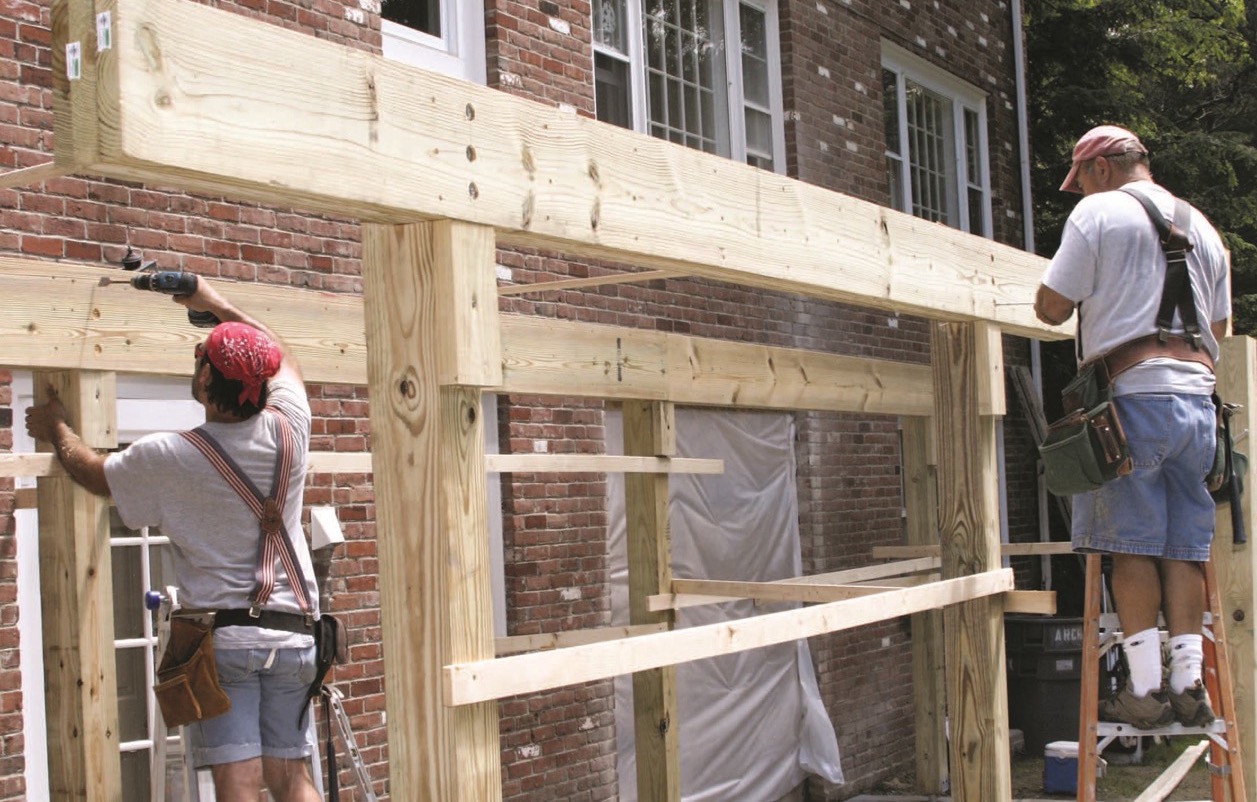
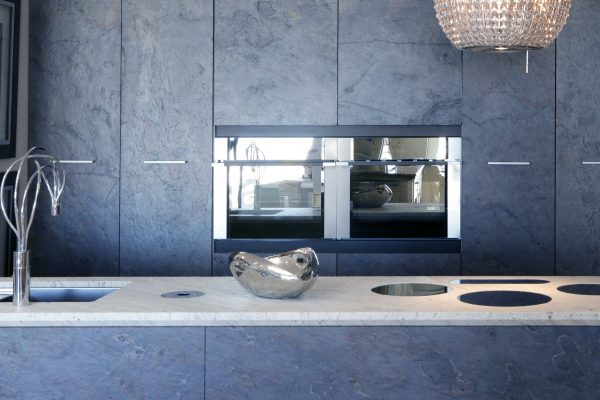
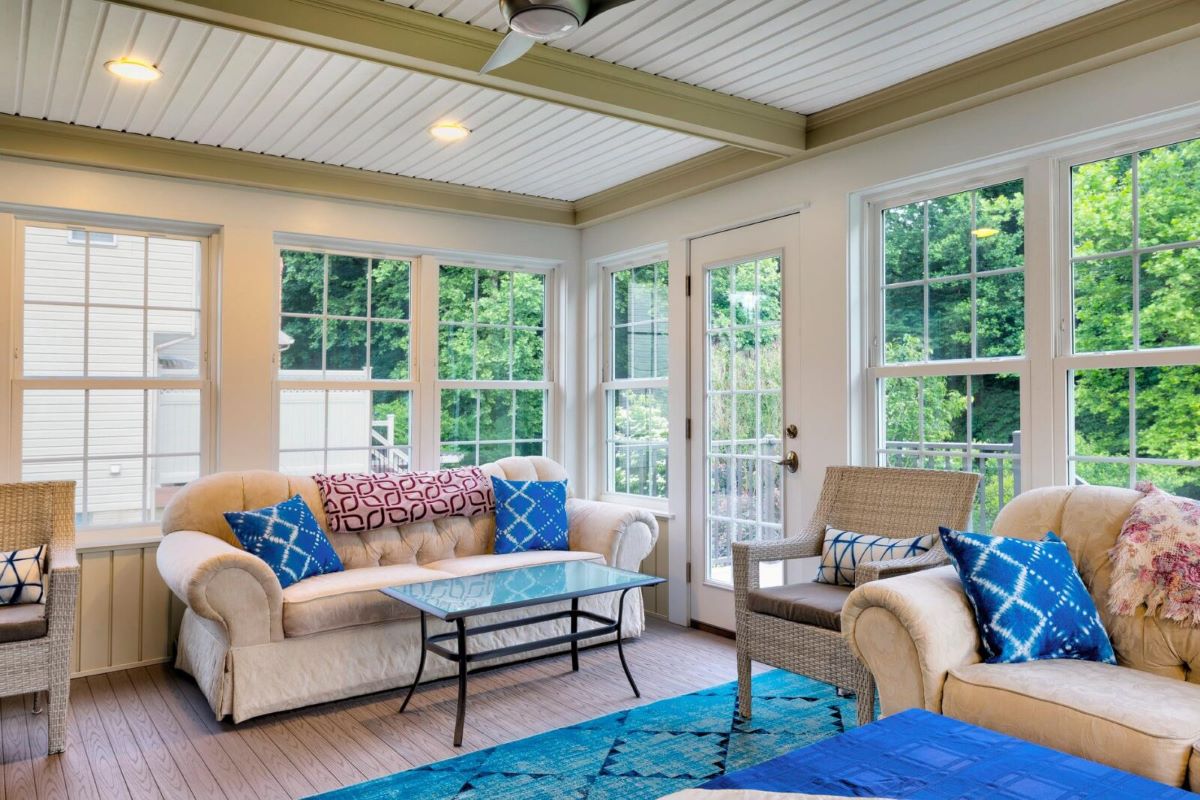

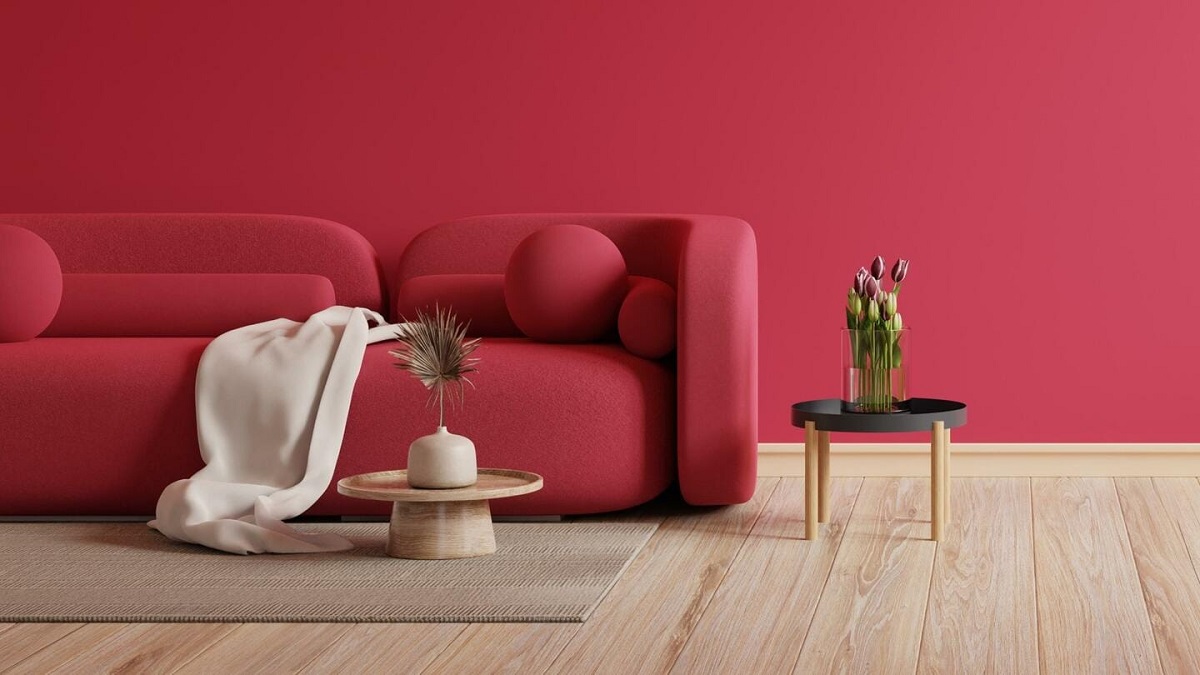

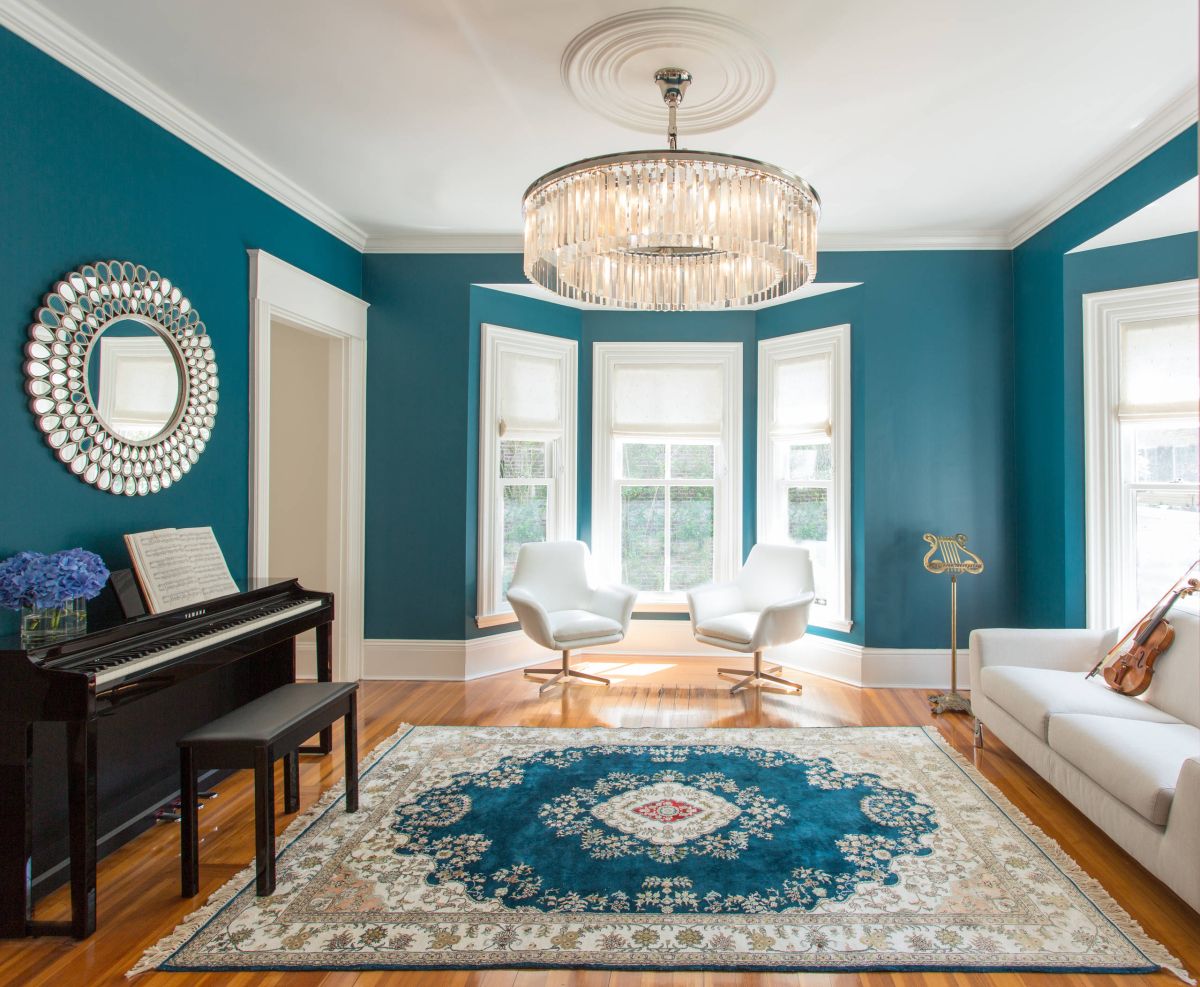
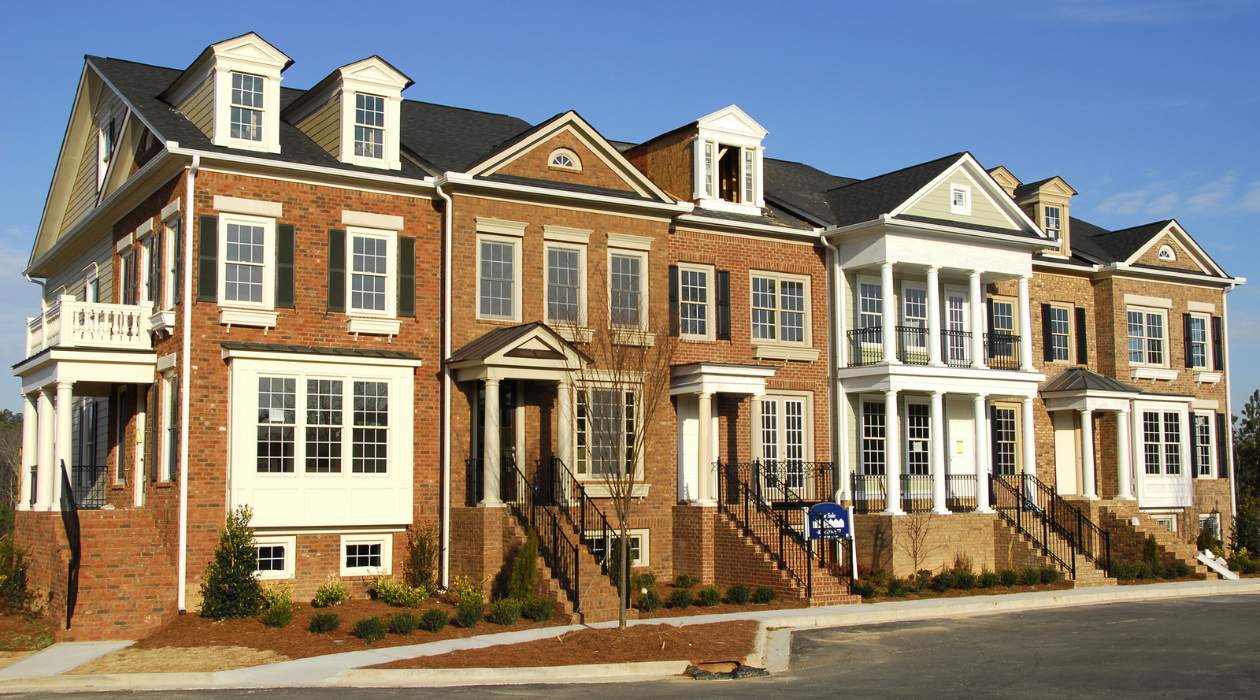
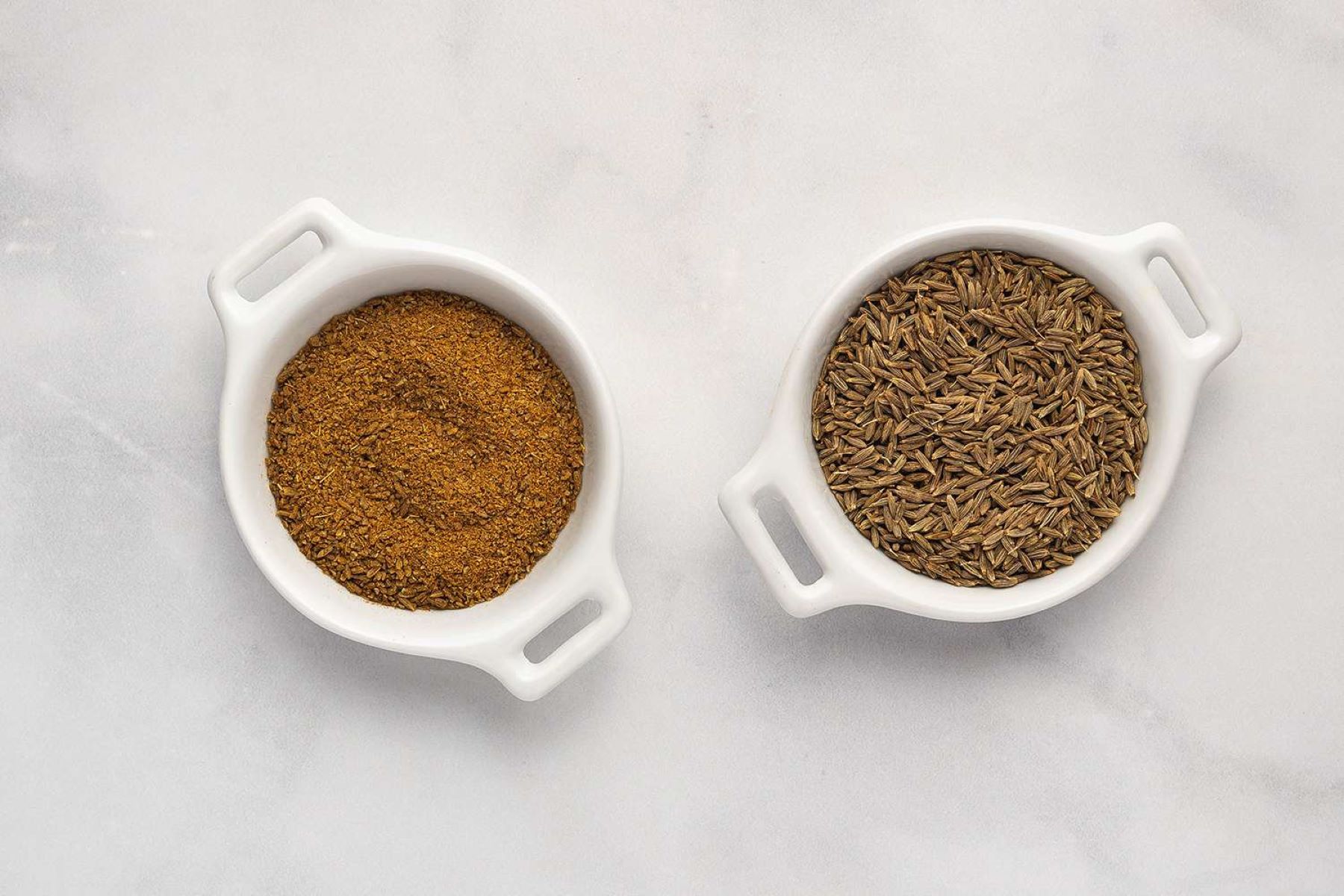
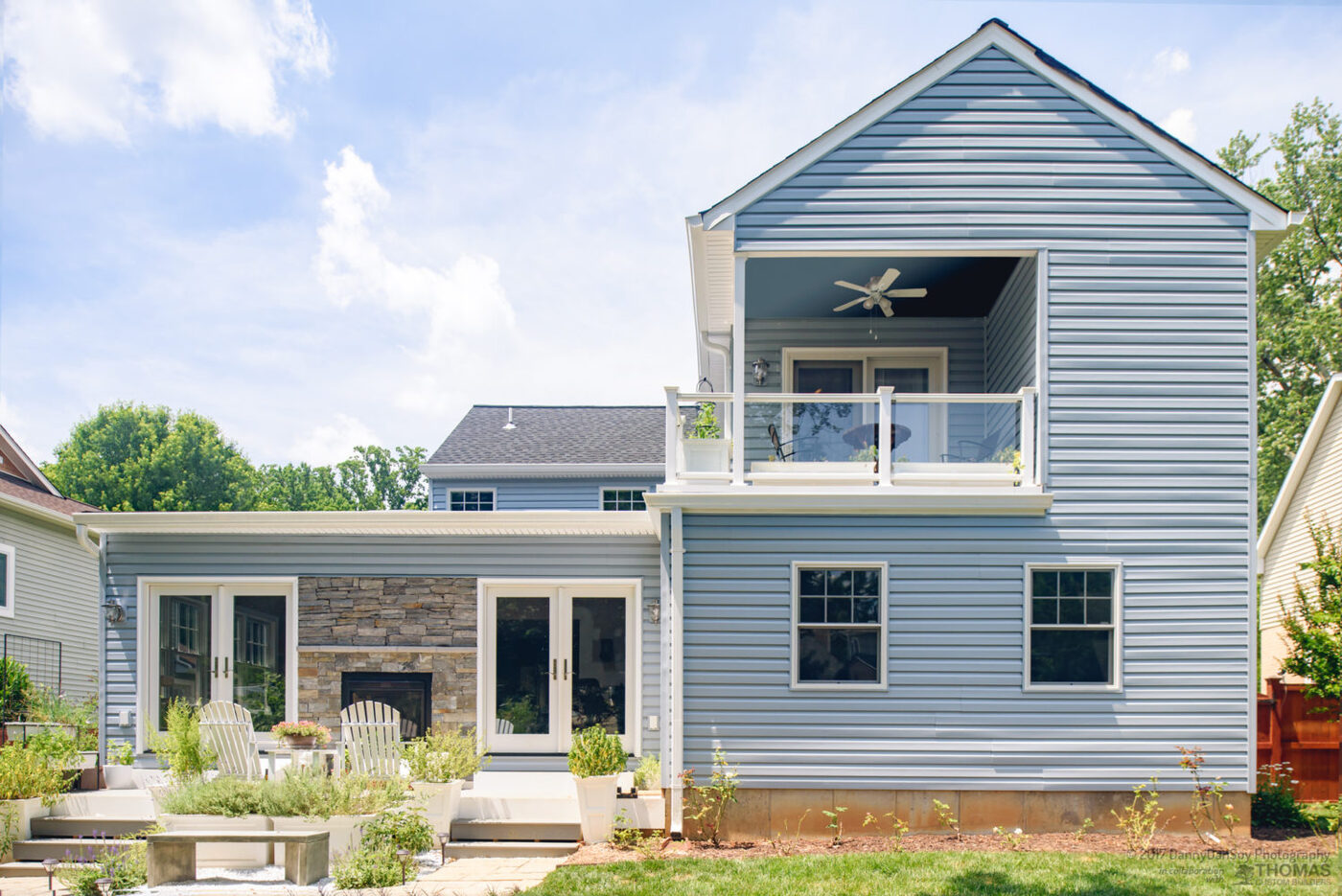

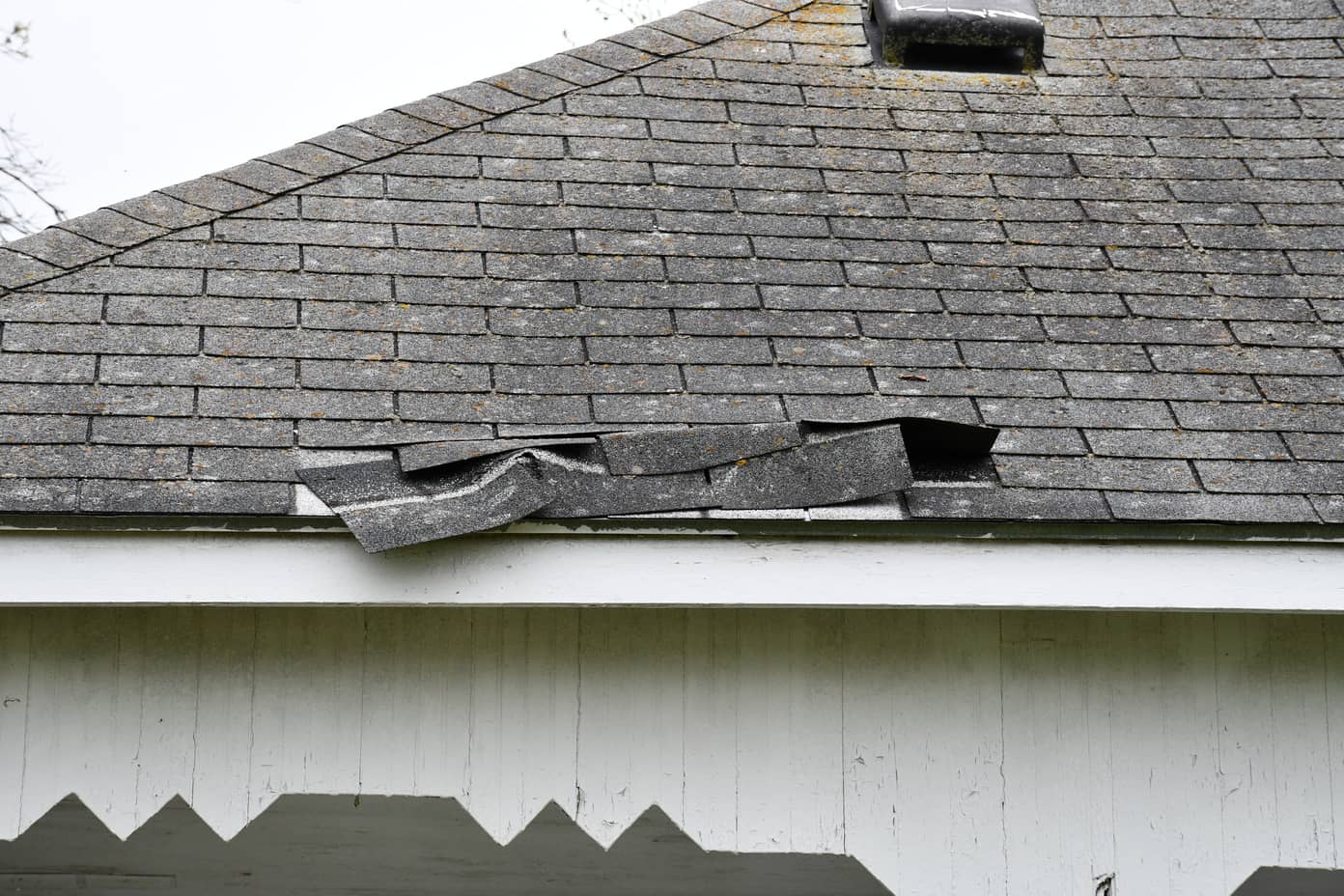
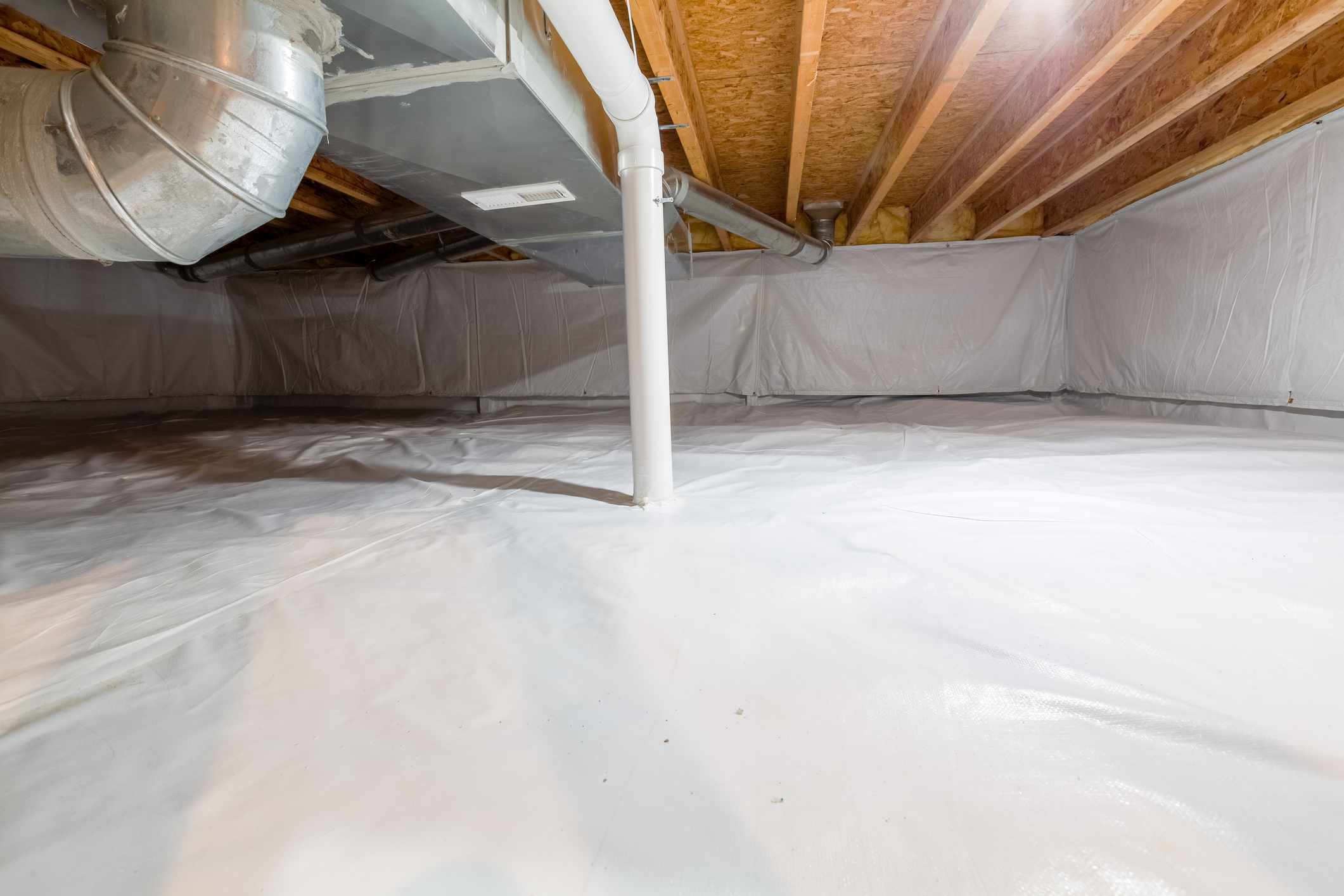
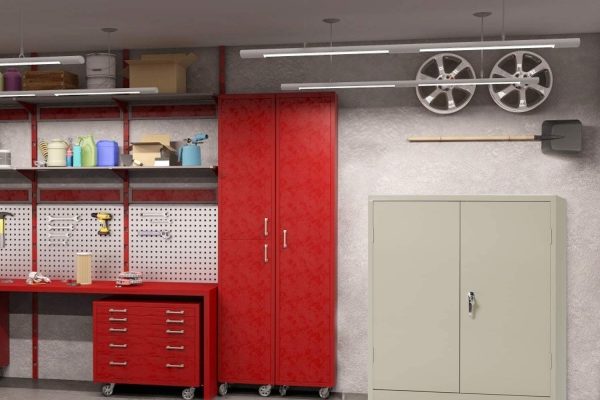

0 thoughts on “Everything You Need To Know About Window Materials”